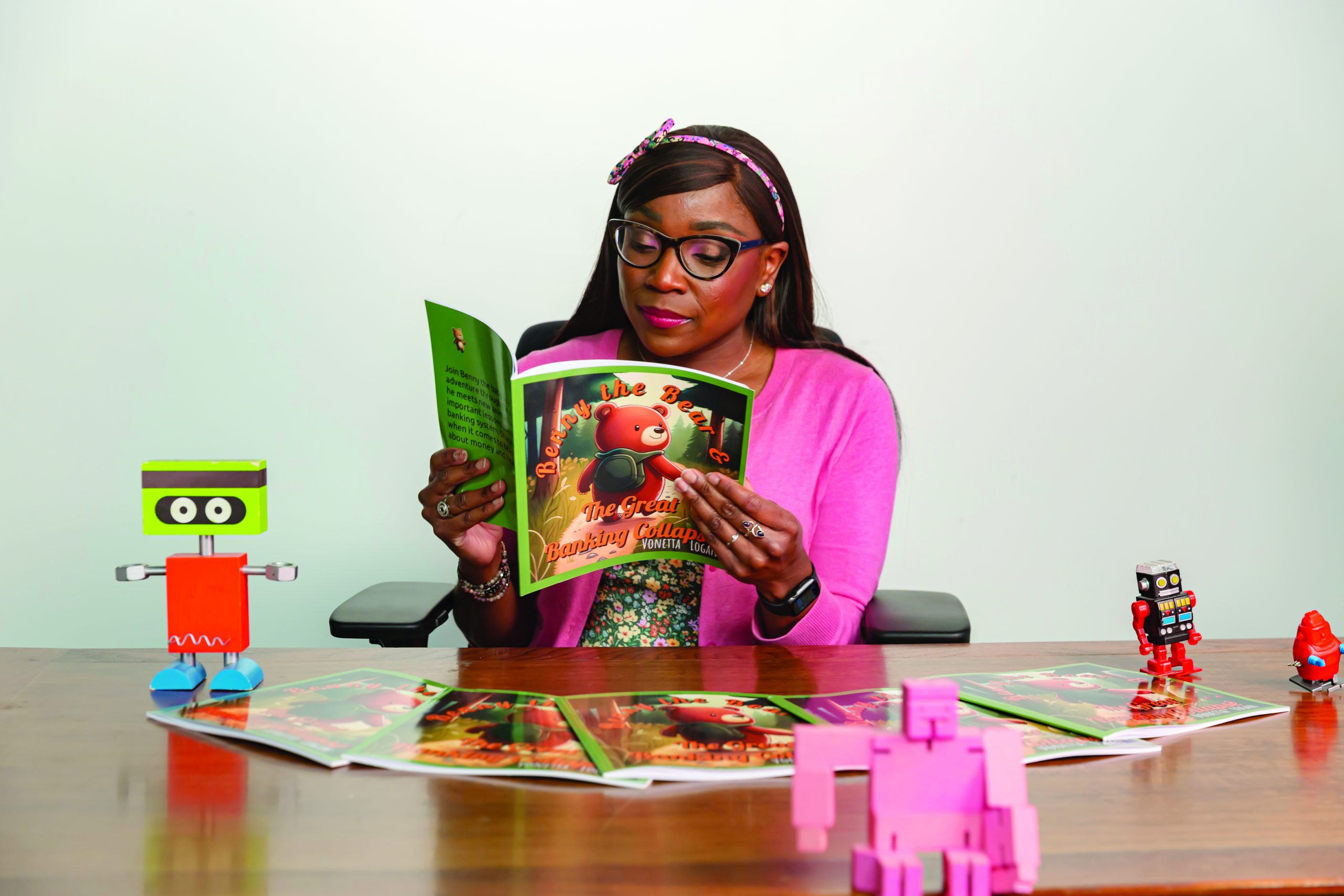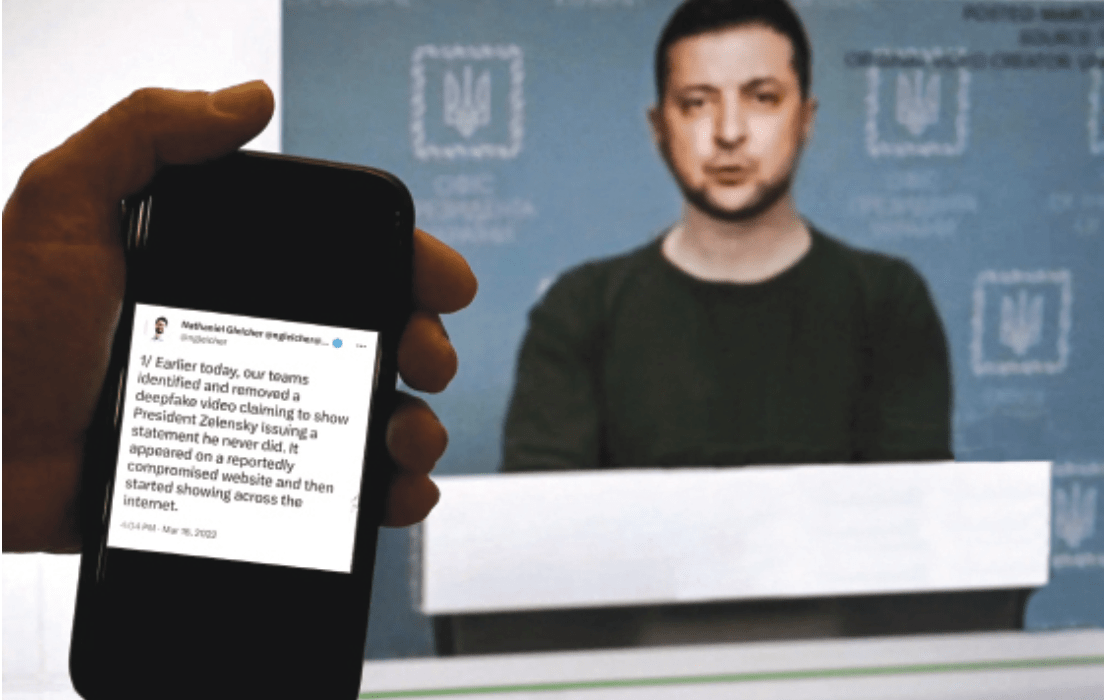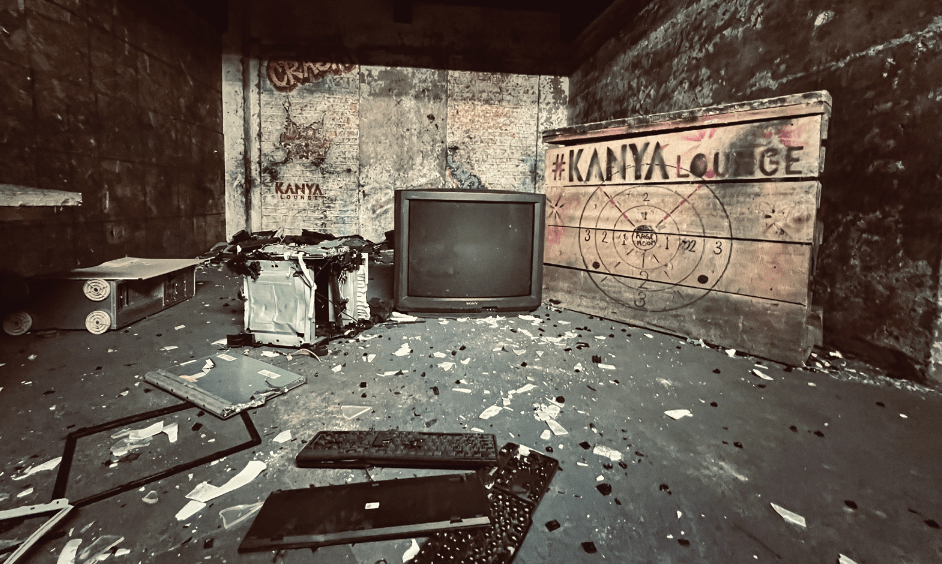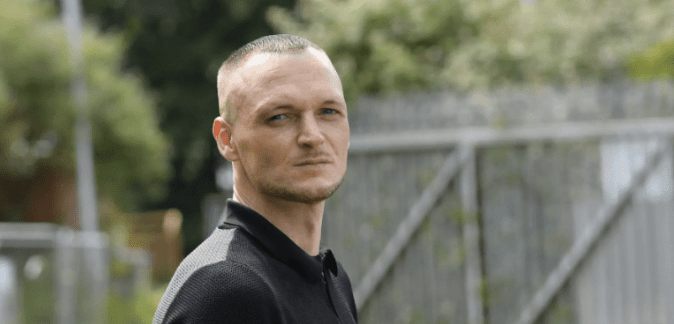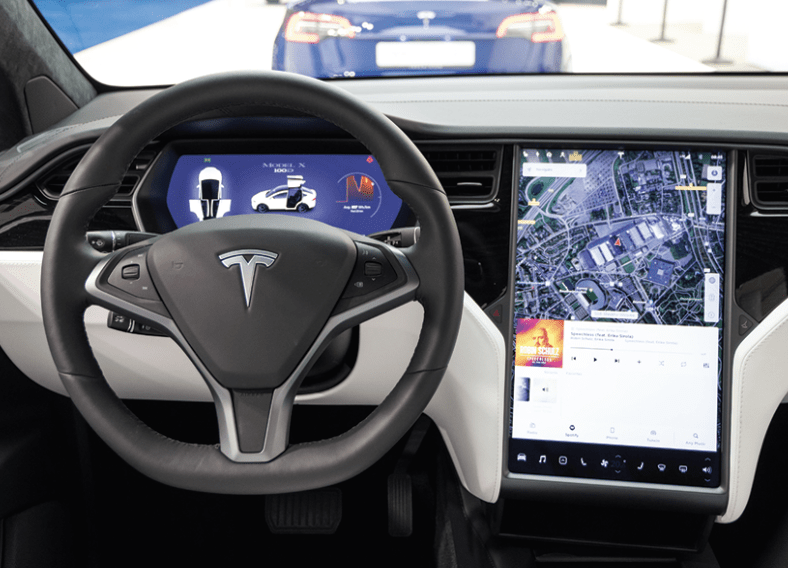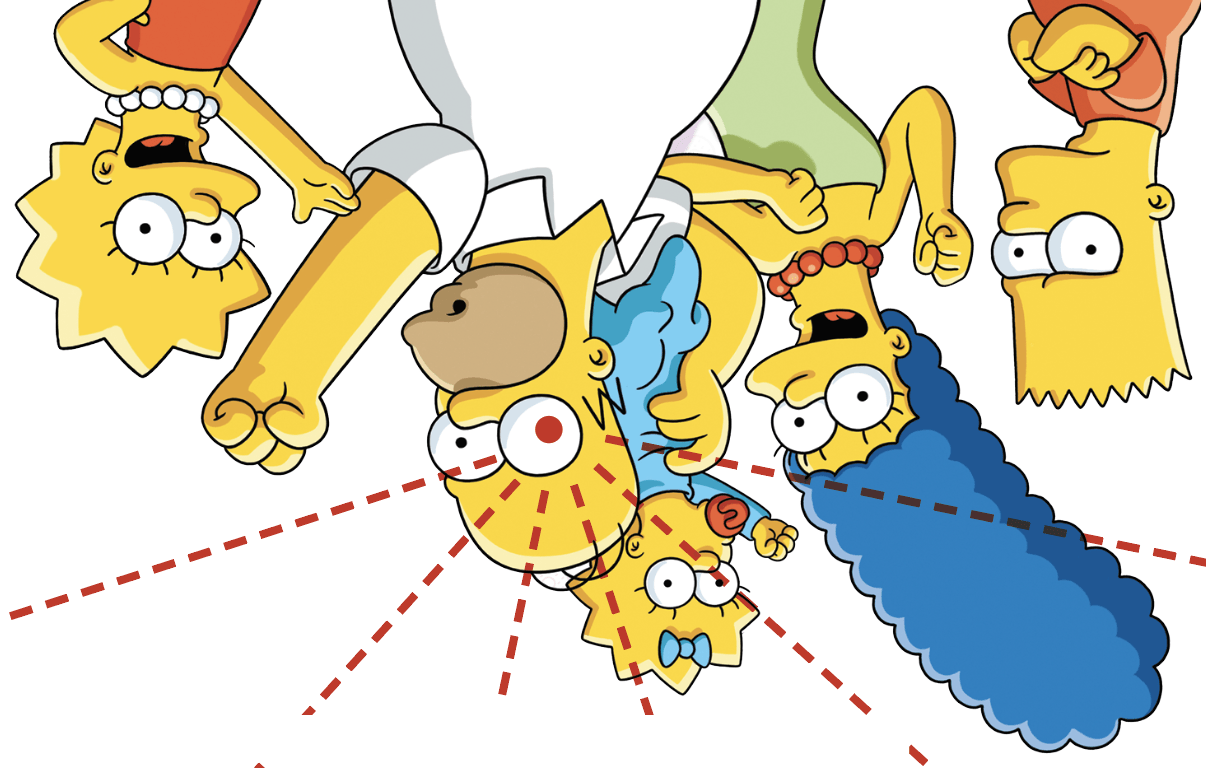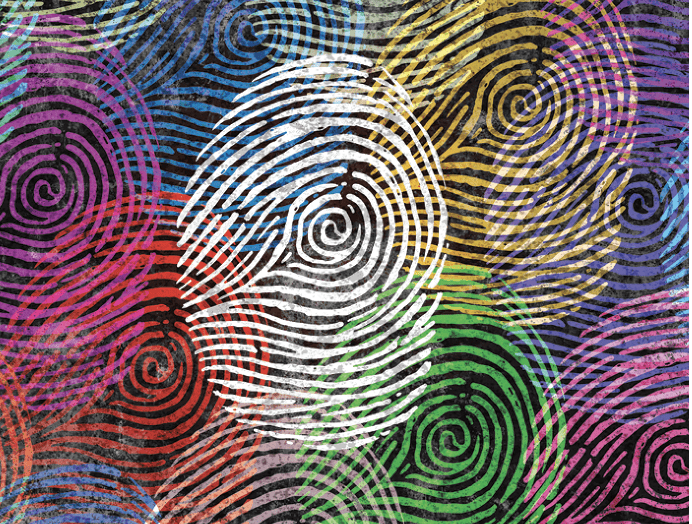Are Smartphones Dumbing Us Down?
The desperate are seeking help with their digital addiction.
The smartphone—that slender slab of glass and metal gently warming your inner thigh through the pocket of your jeans—packs more raw computing power than NASA’s engineers had at their disposal in 1969 to send a man to the moon. To paraphrase the great philosopher Homer Simpson, smartphones are the cause of and solution to all of our problems.
But is the world ready for that much tech? Well, nearly anything new meets resistance. In the 19th Century, for example, some feared that reading novels would drive women “incurably insane,” Jason Feifer writes in a Washington Post article entitled “Why Do We Keep Panicking Over Tech?” Still, the behavior of suburban housewives after reading Fifty Shades of Grey supports that old insanity thesis.
Anyway, ready or not, the citizenry is imbibing the Big Tech cocktail. “The research is clear: Americans spend most of their waking hours interacting with screens,” according to Doreen Dodgen-Magee in a Washington Post op-ed piece called “Tech Addiction is real.”
A Google search for the phrase “tech addiction” yields images that bring to mind a poster from the ’30s cult flick, Reefer Madness. Technology will “Rot Your Brain!” Tech will “Destroy Your Relationships!” Won’t someone “Think of the Children?”
These days, parents signal their unhappiness with the amount of time teens spent online by framing the issue as smartphone addiction. But are smartphones the heroin or the needle?
Tech’s effects
Smartphones are altering the way people interact. Psychologists have even coined a term for the annoying habit of checking smartphones during a conversation with a real, live person: ”Phubbing.” It’s a portmanteau of “phone” and “snubbing.”
Phones have been designed to deliver what psychologists call “intermittent rewards,” an irresistible feeling of gratification that occurs at seemingly random intervals. It’s akin to the excitement of playing a similarly unpredictable slot machine. Yup. A smartphone has basically become a slot machine without the watered-down cocktail and the secondhand smoke.
That’s why prolonged consumption of digital data is altering human brains. “When we read digital media, the cluttered landscape of links and ads and the short bursts of attention that are required by scrolling and swiping and tweeting result in a contradiction in terms: ‘an intensely focused state of distraction,’” Catherine Price writes in her book How to Break Up with Your Phone.
No wonder so many are seeking refuge. Each week, 52% of Americans, including people of all ages, search for escape from technology, according to a poll in August by SSRS Trends. So, in the interest of science, this reporter asked colleagues about what they do on their phones.
Naturally, a specific piece of technology aided in the research of technology in general. With the release of iOS 12, iPhone users can see which apps they spend the most time on, how many notifications they receive, and even how many times an hour they pick up the phone and cradle it to their bosom like a baby. Go to Settings and then “Screen Time” (if enabled), to see the stats.
Using those raw numbers, luckbox examined the digital obsessiveness of 25 financial media and trading professionals. They spent an average of 4 hours, 4 minutes, 57 seconds on their phones per day. The high-score “power user” clocked in at a whopping 8 hours, 3 minutes, while the “most Amish” award goes to the employee with a paltry 1 hour, 27 minutes. Aggregated, the 25 employees spent a whopping 3 days 13 hours 44 minutes online, every day.
“I spent three hours during the last week playing solitaire?” one employee exclaimed. “Oh man, I need to get a life.” Another said he hadn’t enabled the feature on his phone but did enable it for his 10-year-old son. “Hey dad look at this,” the boy said after using the app to capture his father’s facial scan and disable the child-protection settings.
Is the data perfect? No. One employee increased her screen time by allowing the Calm meditation app to run all night as a sleep-aid. Another employee didn’t want anything to do with the Screen Time app, saying, “Why the hell would I enable that? There’s no way I want to know what my numbers are.”
Beware the saviors
The threat of all-encompassing digital annihilation looms large. But searching for the kernel of verisimilitude about the real dangers of tech addiction, luckbox noted that a lot of the reporters, writers and bloggers were referencing one particular book, often a book they themselves had written.
For example, Catherine Price’s aforementioned book, How to Break Up With Your Phone, was cited repeatedly. It feels strange when the savior is also available for consulting gigs and speaking appearances. Likewise, Doreen Dodgen-Magee, the psychologist who urged compassion for tech addiction, has a book for sale called Deceived! Balancing Life and Technology in a Digital World.
The discomfort of introspection
Facebook wasn’t invented until 2004 and was available only to college students at first. Twitter was invented in 2006. The iPhone wasn’t commercially available until 2007 and at first on just one carrier. So the nascent technologies generating so much buzz about mankind’s destruction have been around only a tiny fraction of the time society has contended with such ills as booze, drugs, automobiles and moving pictures.
Yet the effects of tech seem just as real and potentially as harmful. Take the case of Kevin Roose, a New York Times reporter who wrote a piece called Do Not Disturb: How I Ditched My Phone and Unbroke My Brain about hiring Catherine Price to help solve his phone addiction.
“Mostly, I became aware of how profoundly uncomfortable I am with stillness,” Roose wrote. “For years, I’ve used my phone every time I’ve had a spare moment in an elevator or a boring meeting. It’s an unnerving sensation, being alone with your thoughts in the year 2019.”
That dependence on tech can begin early. Think of 7-year-old Shackleford Kolton with a $1,000 phone and 2-year-old Eyelet Suffrage, who can operate an iPad better than their parents. It’s easy to placate a fussy toddler with an electronic device. It’s difficult to deprive an anxiety-ridden tween of a socially vital smartphone.
No one said coping with tech would be easy, but help’s on the way. There’s an app for that!
Return to sanity?

Big Tech provides big opportunities; hence the emergence of the “digital detox” industry. The Golden Door Spa in San Marcos, Calif., for example, offers 600 acres of catnip for photo-and-video junkies trying to kick the Instagram habit. A seven-day stay includes a private suite, healthy meals and activities ranging from archery to Zumba.
Golden Door sojourners can study acupuncture, hypnosis and astrology, but all activities must be phone-free. The spa’s artfully designed website is adorned with photos by Annie Leibovitz. The site’s narrator, speaking in a voice so soothing it borders on ASMR (autonomous sensory meridian response), informs potential clients that can learn to “fresh squeeze your creative juices.”
Visitors to the Golden Door site who keep scrolling eventually learn that a seven-day stay costs an eye-popping $9,850, before tax and gratuities. But it does include two herbal wraps and a celebratory alfresco group dinner. Participants “leave here a changed person,” according to the site, and all profits go to charitable causes that “match our mission and objective of seeing lives changed.”
So yeah, with Facebook selling everyone’s data, Instagram scouting everyone’s location and Amazon enabling wine-drunk, late-night, one-click purchases, most Americans would benefit from unplugging. But while digital dependence has become nearly universal, the ability to afford digital retreats has not.
The solution? Manage time online for maximum benefit. Use it to master another language, learn the subtleties of investing or negotiate the intricacies of a profitable side hustle. Good luck creating wealth by playing Candy Crush. Free time is still free, so get it while you can. Go outside.
Vonetta Logan, a writer and comedian, appears daily on the tastytrade network and hosts the Connect the Dots podcast. @vonettalogan




